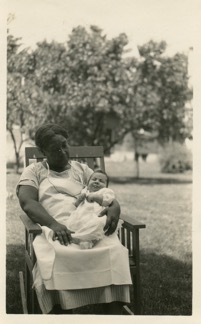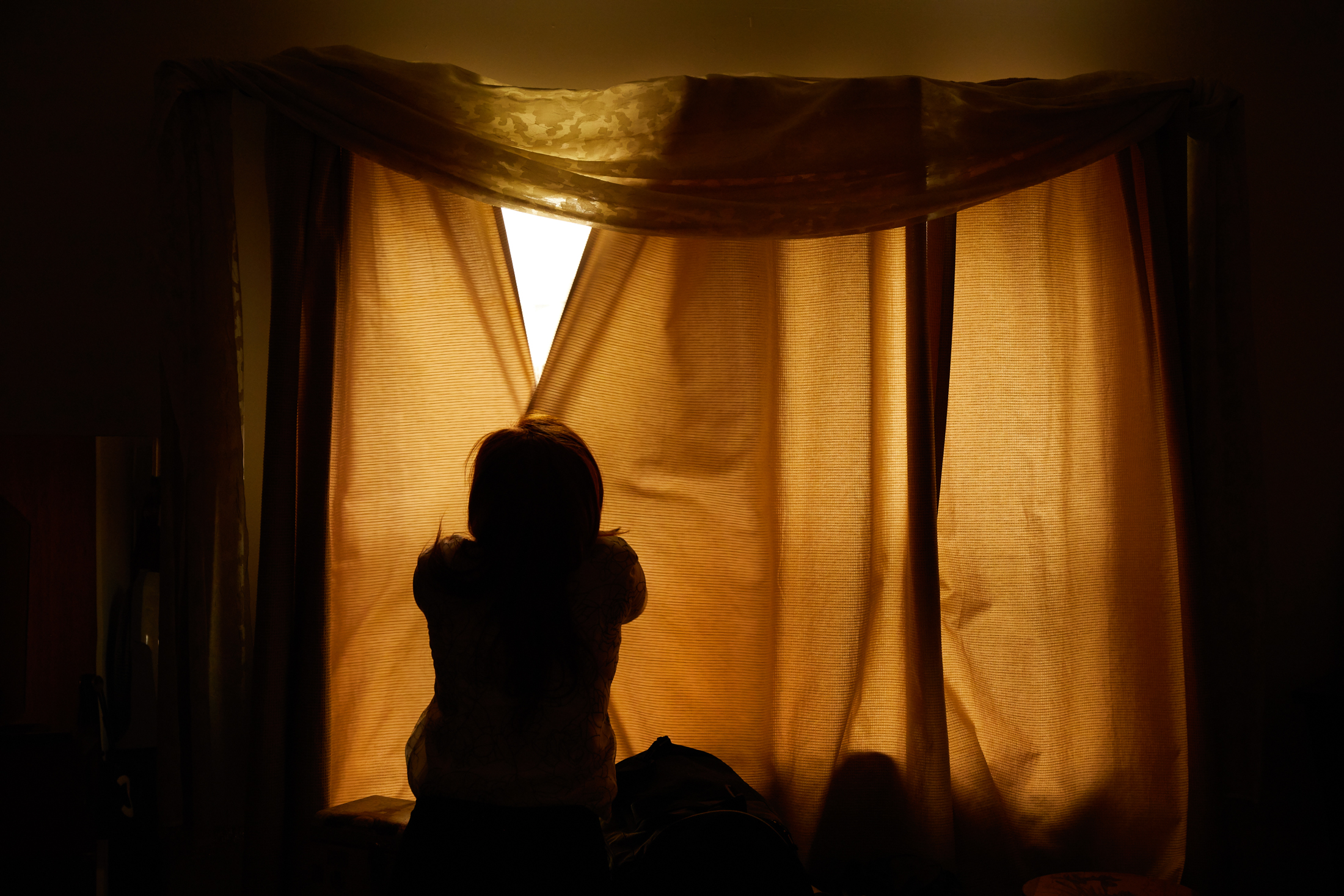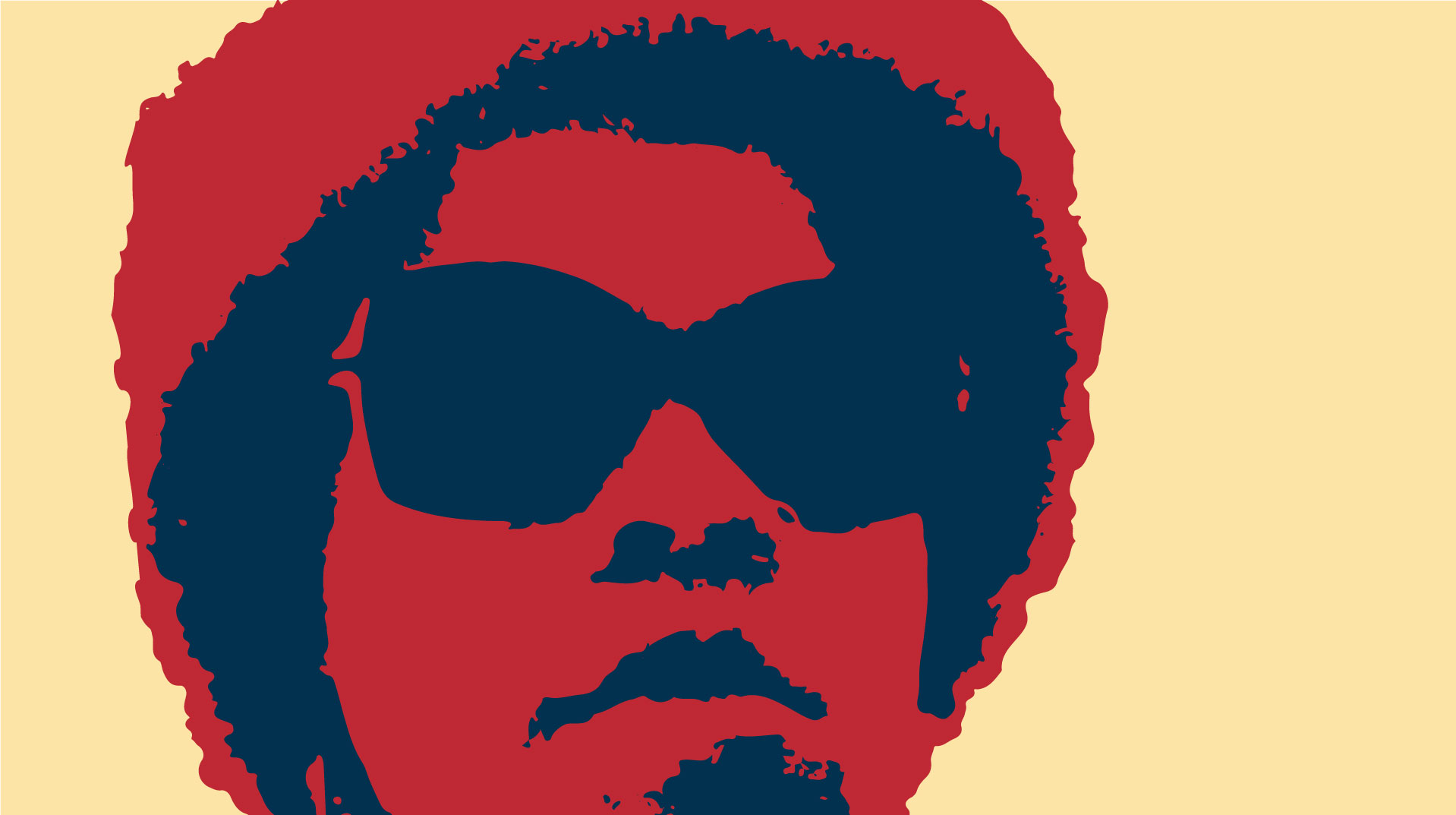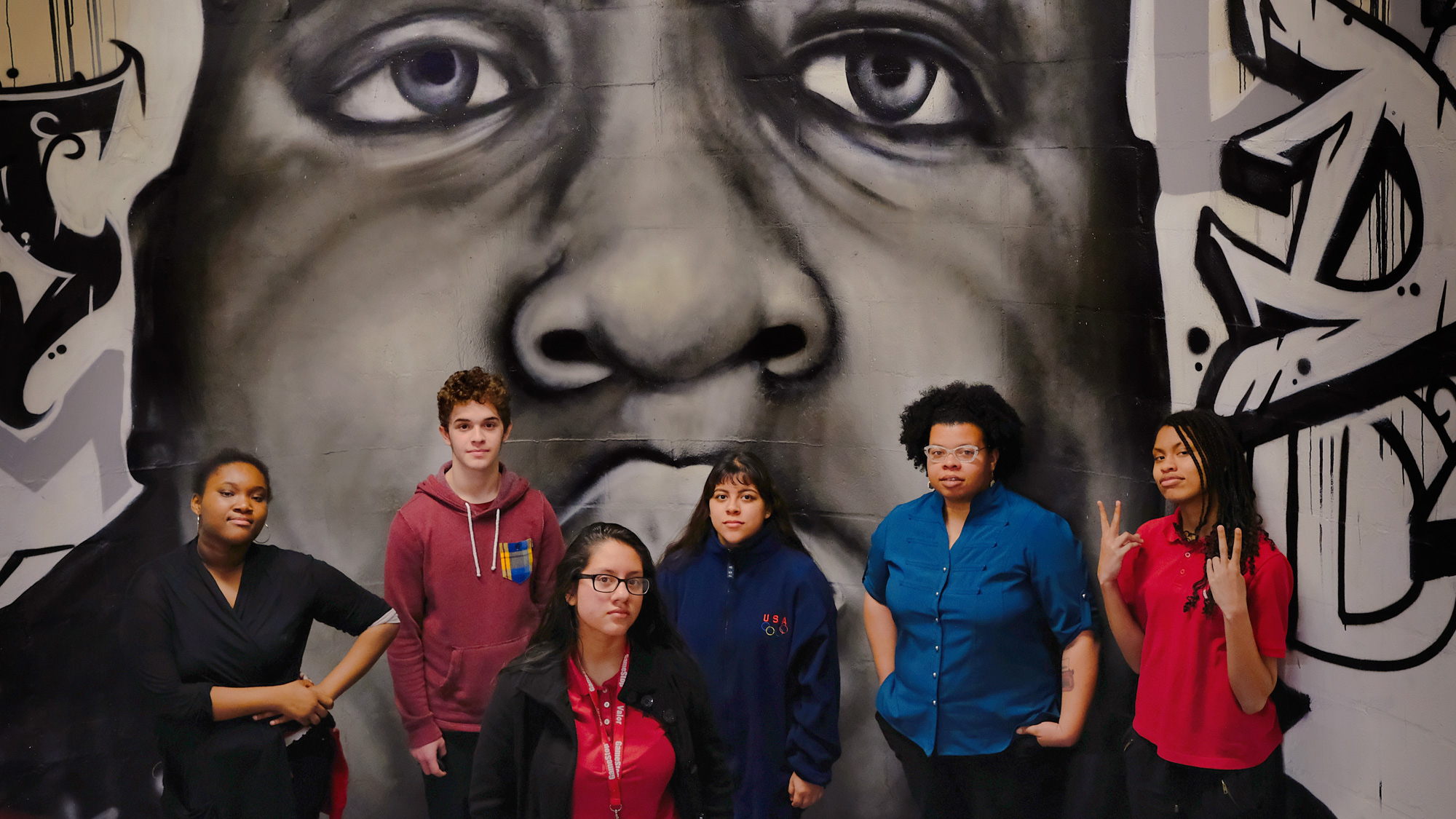As a kid, I lived for my mother’s stories about Nanny.
Josephine Emma Bell Weldon, whom we all call Nanny, is my great grandmother. She was the wife of an AME preacher. She spoke her mind. She did what she wanted. She was a killer bridge and pokeno player. My mother and her eight siblings traveled for miles to sit at her kitchen table in a Kansas City high-rise known as Twin Oaks.
Nanny’s home represented another world to my mother. In part, because of the time she spent helping her polish silver, wash linens, and prepare for bridge parties at the apartment of Mrs. Horowitz, Nanny’s employer who lived just a few floors up. Yes, Nanny did domestic work. But not because she had to. In her words, “A woman always needs a taste of change just for herself.” For Nanny, this was about maintaining and asserting her independence. But, as my mom explains, a black woman’s taste of change has been the key to black family survival dating back to slavery.

For years Nanny’s labor, and my mother’s, was nothing more than context for our family story. Little did I know, it would soon become a window into the lives of the women of my family dating back four generations. I wouldn’t know from where I stand, if I hadn’t started asking questions about the women whose shoulders I stand on.
For the last five years I have dedicated my life to writing about the history of domestic worker activism. The legends of these everyday heroes live only in the memories of those who love them. And now in the pages of my research. And my blog. And in every issue of Newest Americans. Along the way, my mother became an amateur genealogist and discovered some pretty epic stories about women in our family. (Thanks mom). Women like my great-great grandmother, Izetta Bogguess Crenshaw Weldon. AKA Gran Gran. I know exactly two things about Gran Gran. She did domestic labor for the only doctor in the town of Horton, Kansas where she lived. And every night after work her husband Crenshaw attended to her tired feet.
From where I stand generations of labor make us who we are.
A woman always keeps a taste of change. Love means not telling us we work too hard, but being the relief that we need at the end of the day.
But sometimes the stories we learn aren’t this charming. And the memories aren’t our own. Which brings me to Mattie. Mattie was my great-great grandmother on my father’s side. We learned about her for the first time just a few months ago, when her employer passed away leaving scrapbooks, photos, and a memoir with stories about Mattie. I know she worked as a cook and her daughter did laundry. I know what she looks like from photos of her holding someone else’s children. I know those children called her “Aunt Mattie.” But I may never know whether or not her own children and grand children had a name picked out just for her, like Nanny and Gran Gran did.

While I will always be grateful to the kind stranger who shared her grandmother’s memories of Hattie with us, I am haunted by the feeling of my own story being told through someone else’s words. I know that I stand on Hattie’s shoulders, but I don’t know what made her strong enough to hold me up.
On the other hand, from where I stand sometimes our stories aren’t just our own. I encounter the children and grandchildren of Nannys and Gran Grans and Matties in Newark every day. From where I stand we are all living histories, walking libraries, and maids in the USA.


